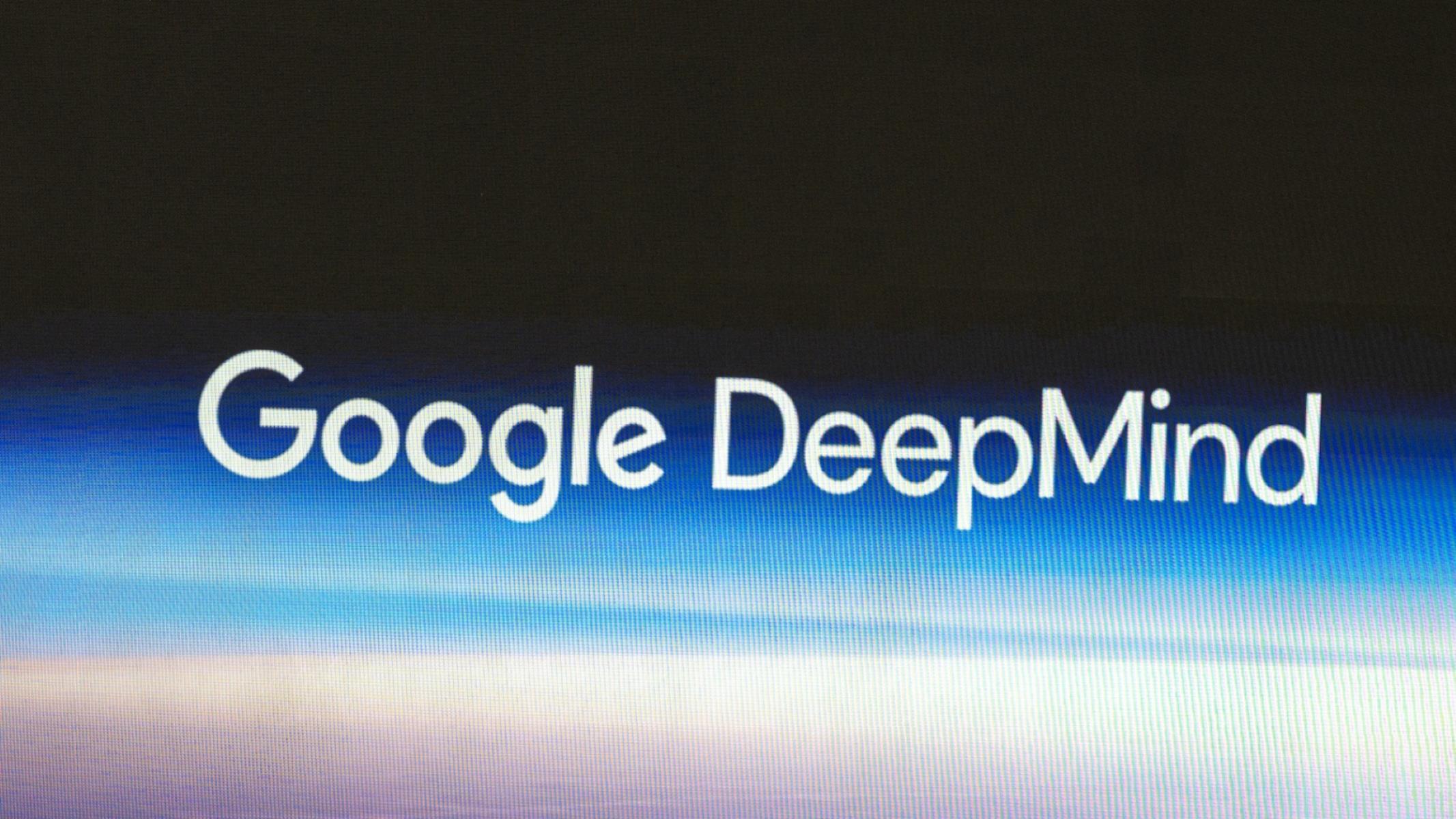Key Takeaway
Google has introduced Imagen 2, an advanced AI model with enhanced image generation capabilities, including text and logo generation in multiple languages. While addressing concerns about image quality and understanding, the lack of transparency regarding training data and the absence of opt-out mechanisms for creators raise legal and ethical questions.
Google has made the second generation of Imagen, its AI model that can create and edit images based on text prompts, more accessible to Google Cloud customers using Vertex AI. The new model, Imagen 2, was quietly launched in preview at Google's I/O conference in May and has now been made available to approved users. This enhanced model, developed using technology from Google DeepMind, boasts improved image quality and introduces new capabilities, including text and logo generation.
Enhanced Capabilities of Imagen 2
Imagen 2 has been significantly improved in terms of image quality and can now render text and logos, bringing it in line with other leading image-generating models. It can generate text in multiple languages such as Chinese, Hindi, Japanese, Korean, Portuguese, English, and Spanish, with more languages to be added in 2024. Moreover, it has the ability to overlay logos onto existing images, including emblems, lettermarks, and abstract logos, and can overlay these logos onto products, clothing, business cards, and other surfaces.
Advanced Understanding and Watermarking
Thanks to novel training and modeling techniques, Imagen 2 can understand more descriptive, long-form prompts and provide detailed answers to questions about elements in an image. Additionally, it leverages SynthID, an approach developed by Deepmind, to apply invisible watermarks to the images it creates, which are resilient to image edits including compression, filters, and color adjustments. While concerns over AI-generated disinformation continue to grow, this watermarking technique aims to address these fears.
Legal and Ethical Considerations
Google did not disclose the specific data used to train Imagen 2, raising questions about the legal and ethical implications of using publicly available data for commercial AI models. As the debate around fair use doctrine and copyright issues continues, Google has chosen to keep the details of the training data confidential. While some companies are allowing creators to opt out of training data sets or establishing compensation schemes, Google has not implemented such mechanisms.
Addressing Concerns
Google offers an indemnification policy to protect eligible Vertex AI customers from copyright claims related to the use of training data and Imagen 2 outputs, aiming to address concerns about regurgitation and intellectual property protection. However, the lack of opt-out mechanisms or creator compensation from Google and its rivals remains a point of contention for creators and industry stakeholders.

























